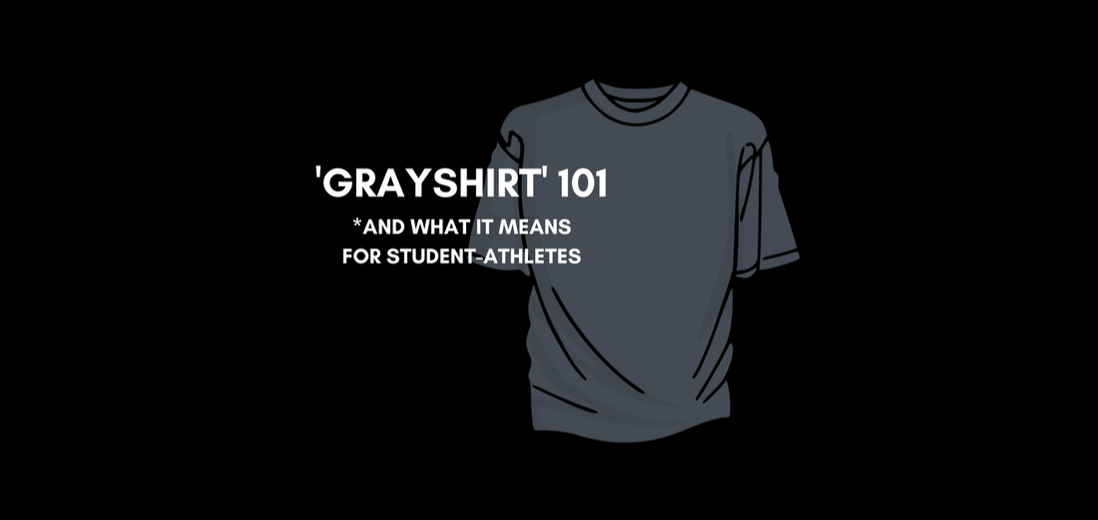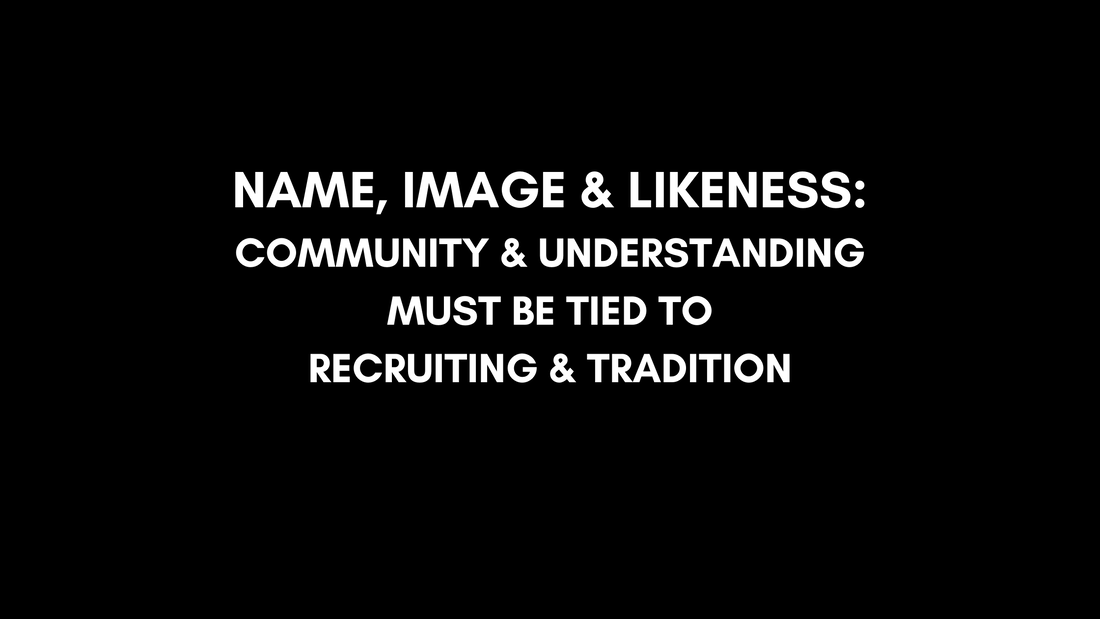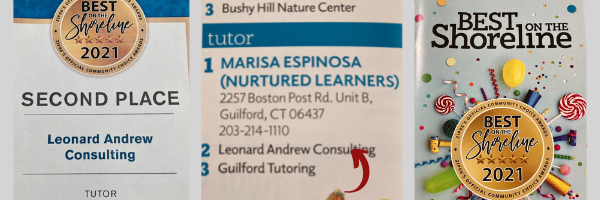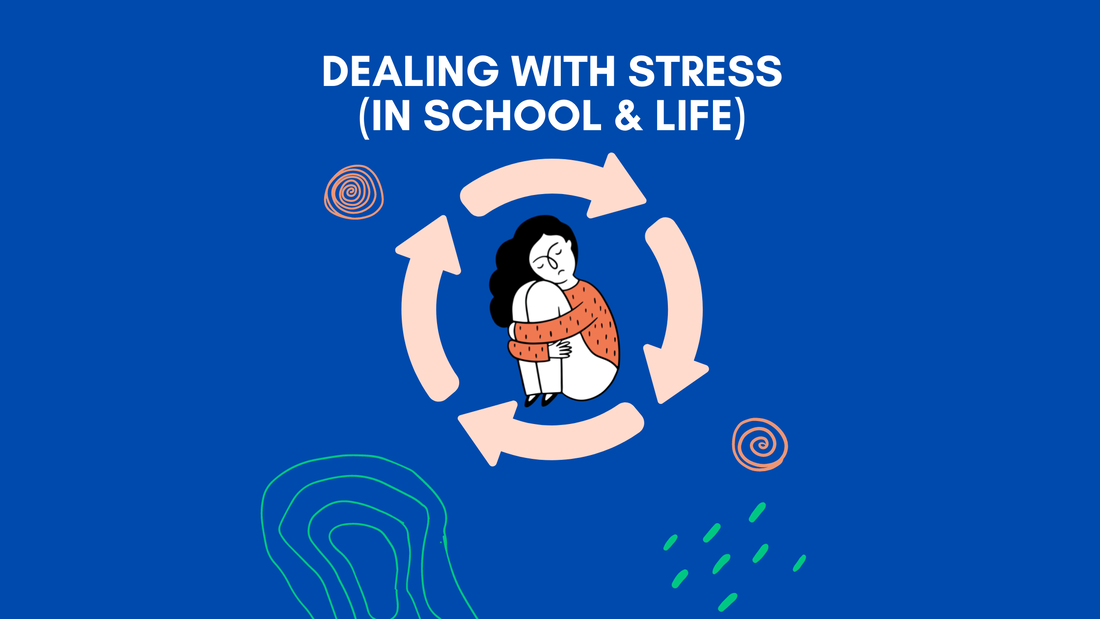You’ve presumably heard of a ‘redshirt’ – in summary: a player who is on scholarship, cannot play in games, but can practice. That student-athlete sits out of competition for that athletic year only, saving that eligibility to be used in the future.
A ‘grayshirt’, using the same breakdown – a player who is not on scholarship, cannot play in games, and cannot practice. The athlete must wait a semester (in many cases the fall) prior to becoming a full-time student.
This is becoming increasingly more popular with coaches and teams (especially as the Transfer Portal plays a larger role in recruiting). Once a student-athlete sits out the sports season (say fall 2022), the player then has five years to play four seasons – and the school would have the ability to redshirt you at some point.
As a ‘grayshirt’, a student would go to class the first semester as a part-time student. In our example, this student would start as a full-time student in the spring 2023 semester. Double check this with each college that makes any ‘grayshirt’ offer! This – of course – leaves student-athletes with two ‘wrinkles’: one, you need to absolutely crush your grades. If you will use this to potentially leave for another program in time, as a springboard to a D1 for example, you need to have the absolute best grades possible. The athletic wrinkle becomes quite obvious – you will need to find ways to stay sharp, to practice, to play (without the team!)
Get a full response from the school on why they are looking at you as a ‘grayshirt’ – and get it in writing, as an email.
‘Grayshirts’ are often used by teams that may oversign, ending up with more student-athletes than they have roster spots (which is their ‘error’ but they spread it to the players). While we're hopeful that any school considering such a step is upfront with this potential, you need to know WHY – and what they anticipate your next steps to be.
In some cases, a ‘grayshirt’ status can be altered, say if another position player gets injured during the season you are sitting out. If that – or another roster move – happens, then you could be added to the roster as a typical signee.
If you are a student-athlete that is pumped about this next step, that’s fantastic! The key though = you and your family need to be completely in the know on these steps that the college is taking (the how and why, from their perspective) of your ‘grayshirting’. These notes provide you with a solid baseline to work from, now just get clear understanding from the school!
Questions on being a 'grayshirt'? On athletic recruiting? Contact us today!









 RSS Feed
RSS Feed